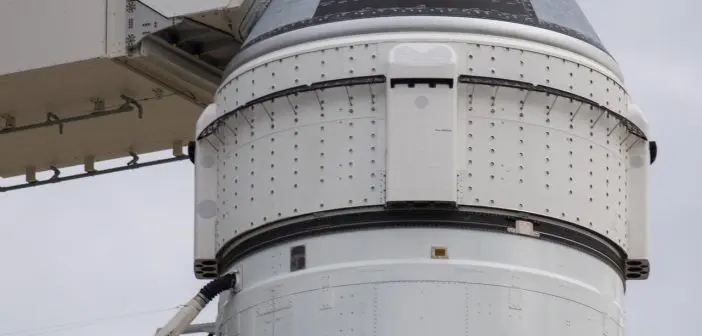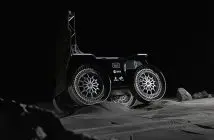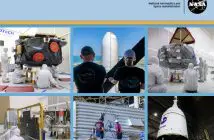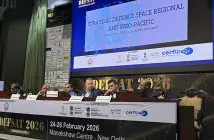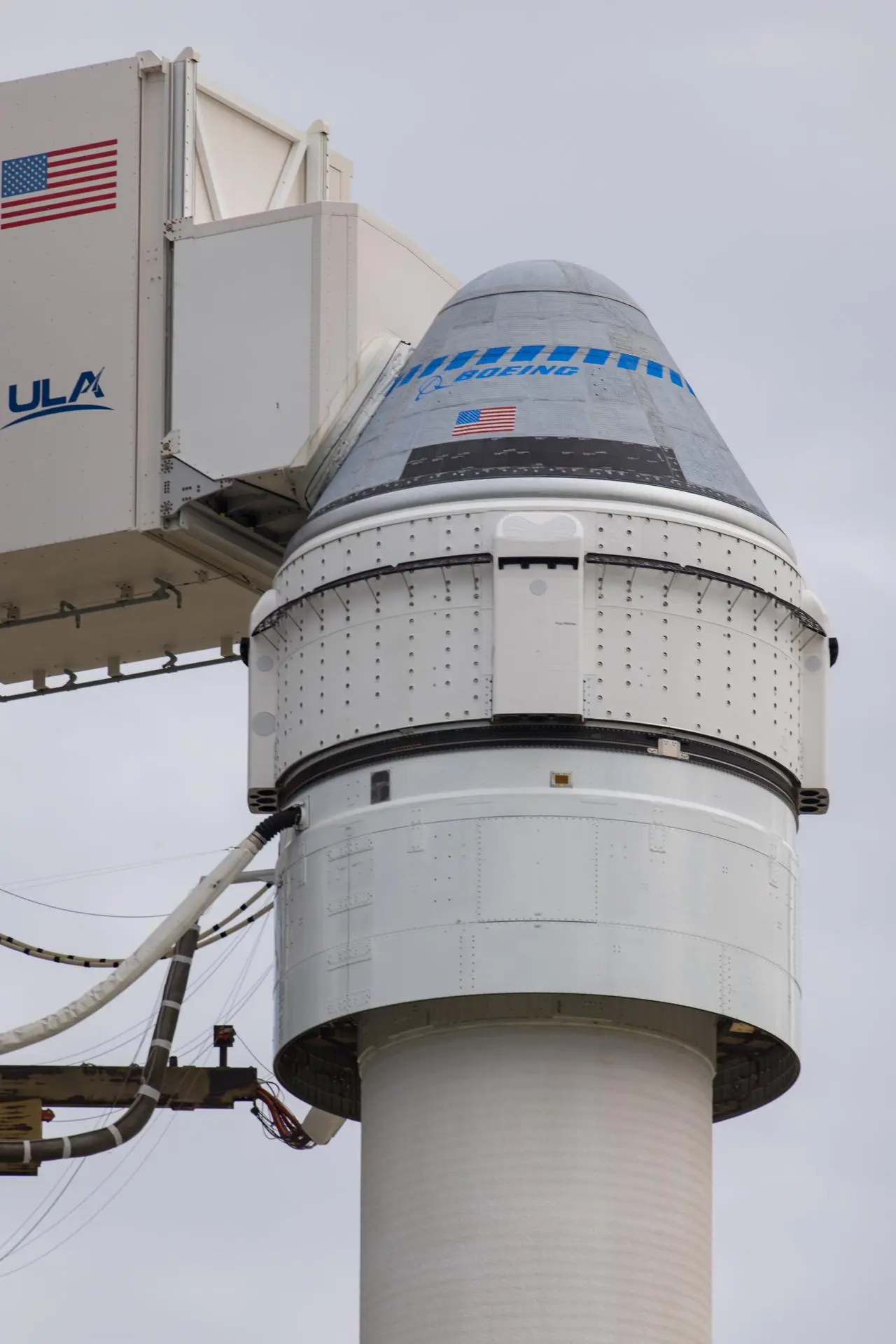
Boeing CEO Kelly Ortberg says the company’s space program is about more than its troubled Starliner and Space Launch System programs. He says despite reports last year that Boeing was looking to quit space, the company remains committed to it.
“I think some of the challenges we’ve had with Starliner have overshadowed our space portfolio,” Ortberg told Aviation Week Network.
Starliner is Boeing’s crewed space launch vehicle. It ferried two astronauts to the International Space Station on its first crewed test flight last year. The flight was not trouble-free. Boeing and Starliner made global headlines when NASA deemed it too risky to fly back in. The astronauts, Butch Wilmore and Suni Williams, remained stuck in space until picked up by a SpaceX Drago capsule nine months later. Starliner has not flown since.
Watching what Trump does next
Boeing is also the prime core stage contractor for NASA’s Space Launch System (SLS), a super heavy-lift expendable launch vehicle. It is the primary launch vehicle of the Artemis Moon landing program. In late 2022, the first and only SLS launch took place. So far, around USD24 billion has been spend developing the program. US President Donald Trump is not a fan of it.
“I think the manned space, commercial and NASA business is going to be dependent on where the budget goes and what the country wants to invest in those programs,” said Ortberg. “But that doesn’t implicate our overall commitment to space and national security space.”
“I’m following the budget and the Trump administration priorities as much as everybody. We’re just going to have to react to what that is,” he added. “Whether that’s a few more launches and then a wind-down or a redirection is yet to be seen.”
Ortberg said Boeing does extensive space program work in the defence arena, including the X-37B orbital test vehicle.
“With the work we’re doing with the X-37B, there are great opportunities for us in the future,” he continued. “We’re a world leader in space. A lot of that is classified business. But we’re going to stay committed to the space sector.”
Staying in space despite losses
To date, the Starliner program has experienced cost overruns exceeding USD2 billion, including USSD523 million in 2024. In the same year, Boeing executives went public to refute reports the losses would lead them to exit the space industry.
Boeing’s work on government and defence programs was also potentially imperilled by a looming criminal trial and possible conviction. The US Department of Justice had charged the company with a count of conspiracy to defraud the US. The matter concerned an alleged cover-up connection with the development of the B737 MAX. Faulty software saw two aircraft crash in 2018 and 2019, killing 346 people.
The matter was due to go to trial this month. Any conviction would have complicated Boeing’s ability to work on government contracts. Instead, Boeing will pay USD1.1 billion in penalties and compensation. The company will also admit it conspired to obstruct and impede government authorities. However, Boeing’s work with government agencies, including NASA and defence agencies, can continue uninterrupted.

